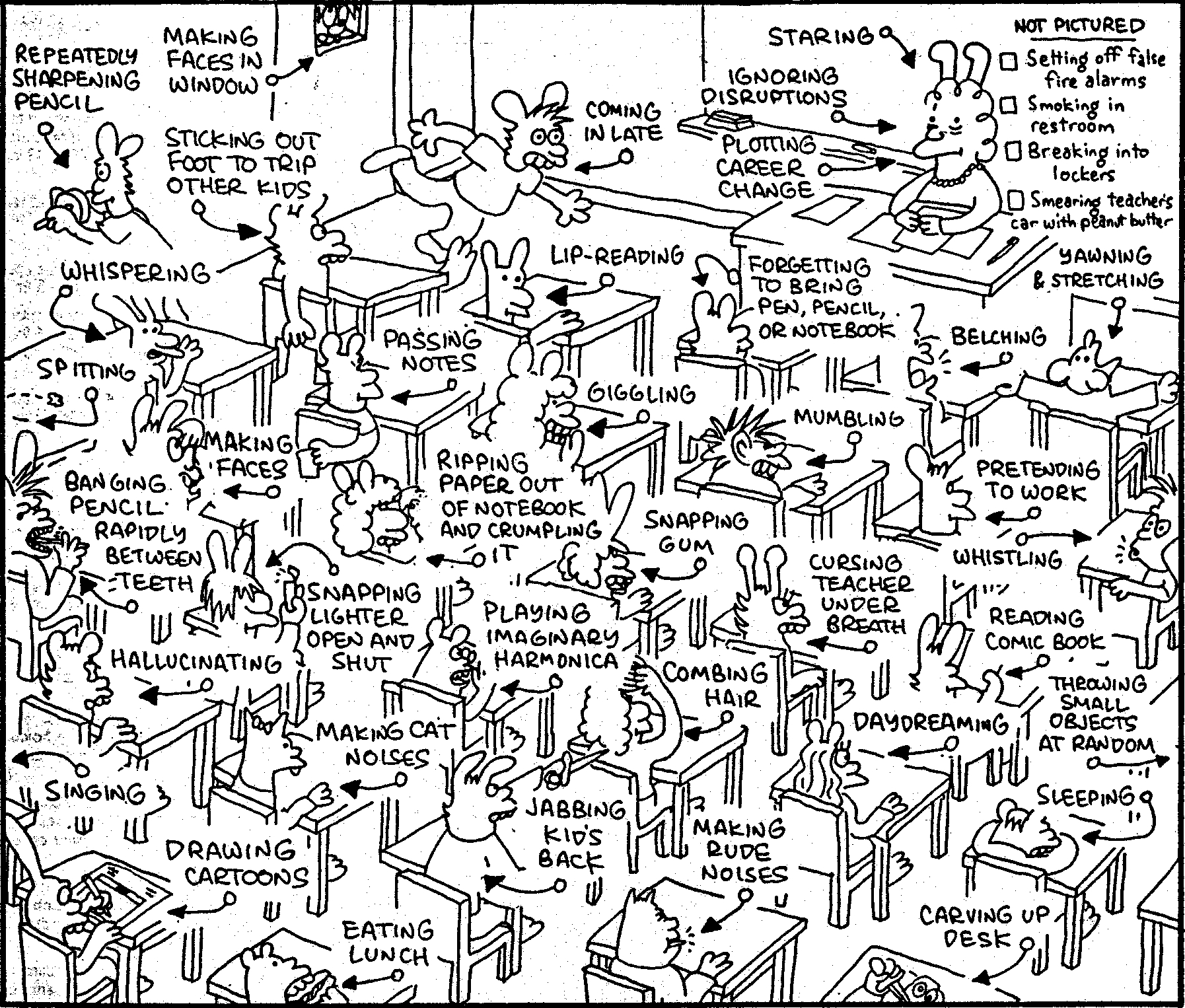 The MRVED will be assisting in hosting a FitnessGram webinar for all Phy Ed teachers on Monday, May 9th from 3:15-4:00. The purpose of the webinar is to dig deeper into the software and ask questions of the FitnessGram presenter. If you need a refresher or just have a few questions, participate in the webinar on May 9th. Contact Brandon before May 1st if you would like to participate and he will send you the webinar information.
The MRVED will be assisting in hosting a FitnessGram webinar for all Phy Ed teachers on Monday, May 9th from 3:15-4:00. The purpose of the webinar is to dig deeper into the software and ask questions of the FitnessGram presenter. If you need a refresher or just have a few questions, participate in the webinar on May 9th. Contact Brandon before May 1st if you would like to participate and he will send you the webinar information.
Summer Professional Development
Due to decreasing participation numbers the last few summers, the MRVED will not be offering any summer professional development opportunities. If you are in need of a relicensure area, contact Brandon and he can provide some assistance in finding other opportunities.
MRVED Meetings
May 16, 2016 Principals' Council & TAC (11:30 a.m. combined meeting)
May 25, 2016 Superintendents' Council
June 15, 2016 MRVED Board (7:00 p.m.)
June 22, 2016 Superintendents' Council
Due to decreasing participation numbers the last few summers, the MRVED will not be offering any summer professional development opportunities. If you are in need of a relicensure area, contact Brandon and he can provide some assistance in finding other opportunities.
MRVED Meetings
May 16, 2016 Principals' Council & TAC (11:30 a.m. combined meeting)
May 25, 2016 Superintendents' Council
June 15, 2016 MRVED Board (7:00 p.m.)
June 22, 2016 Superintendents' Council
